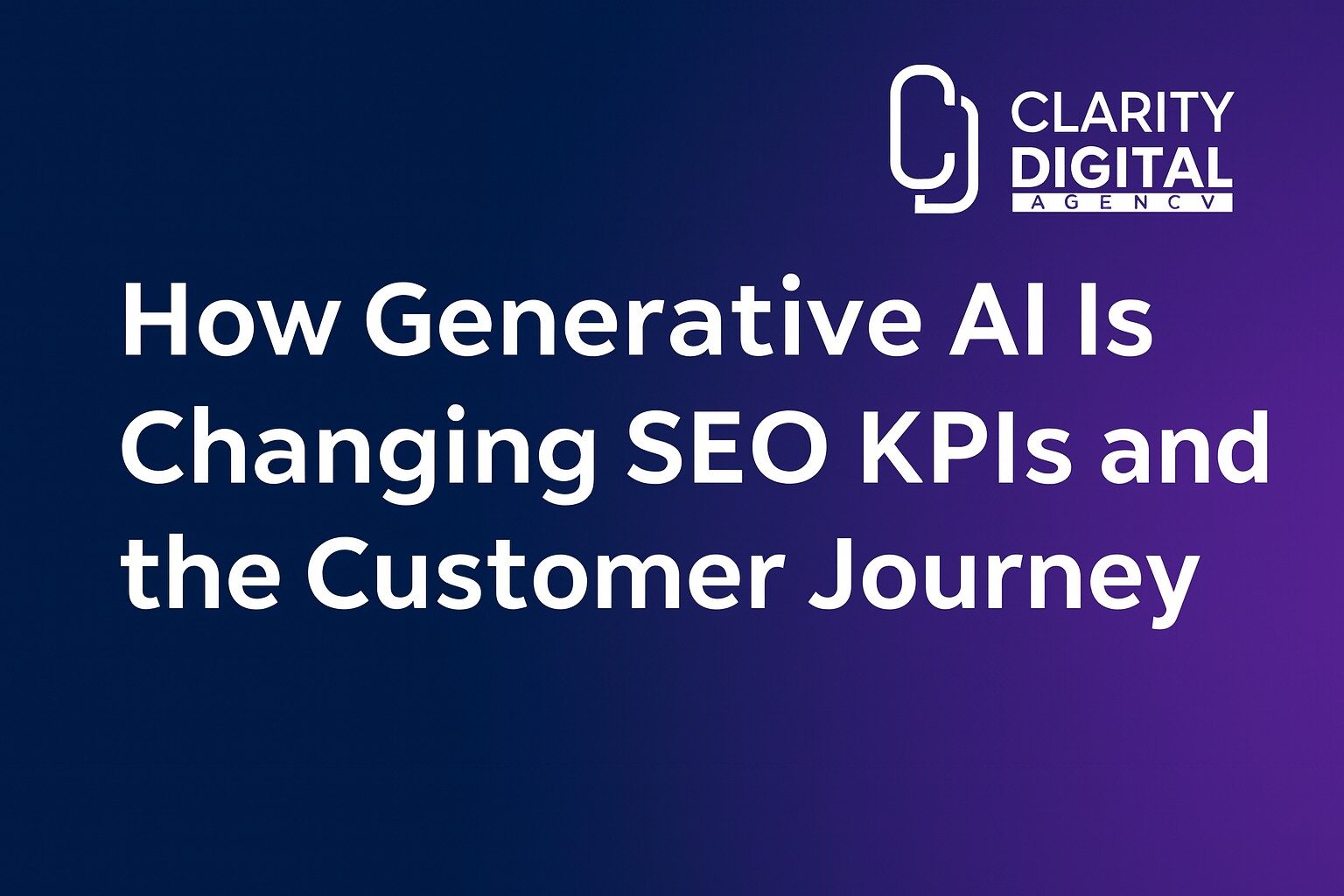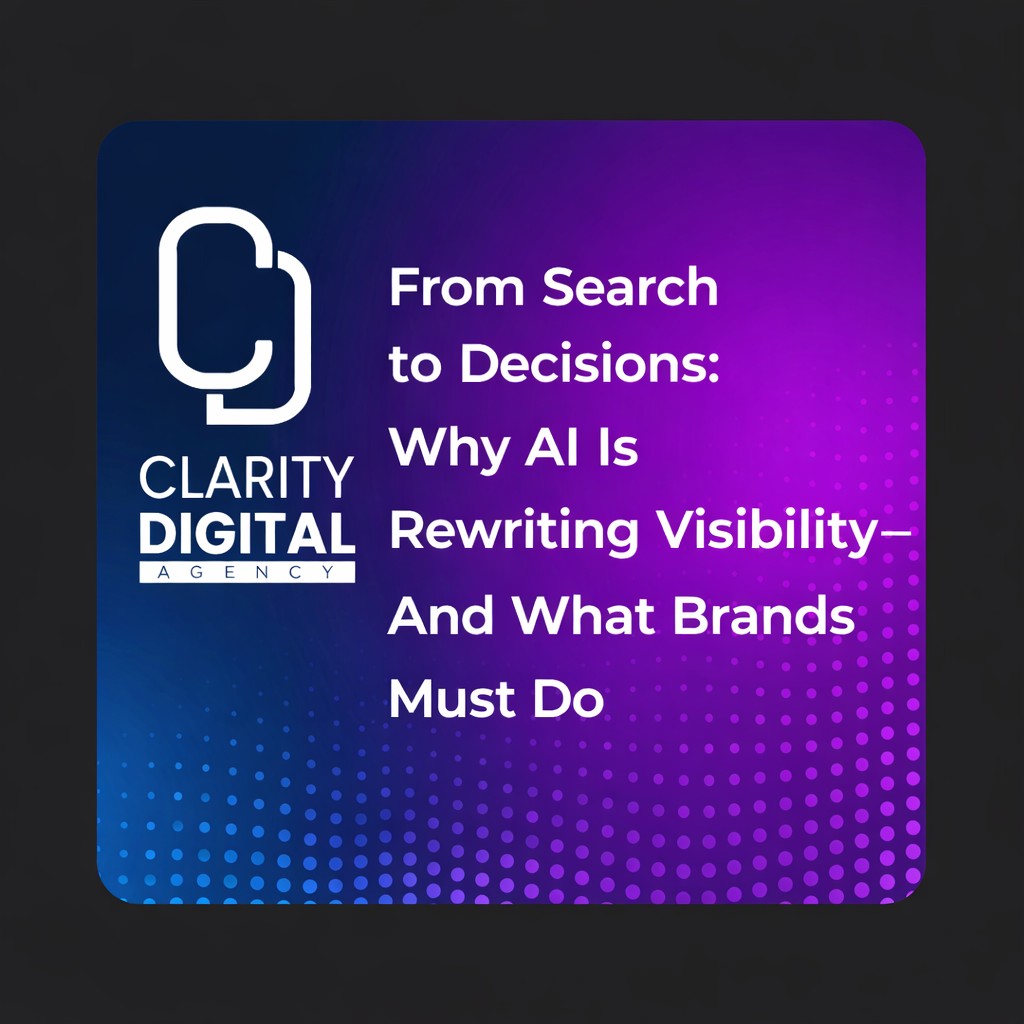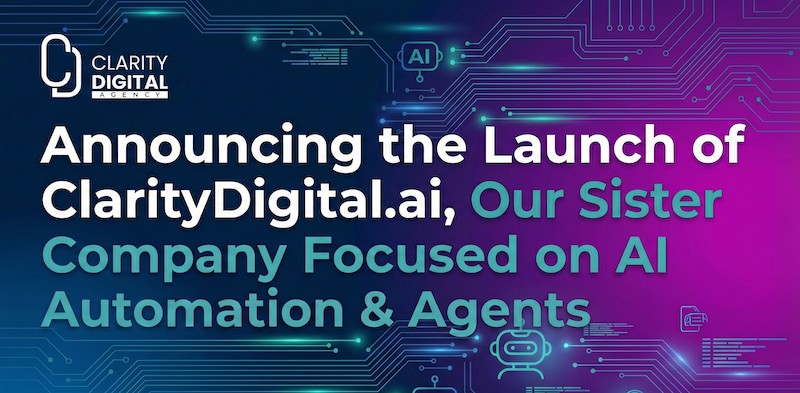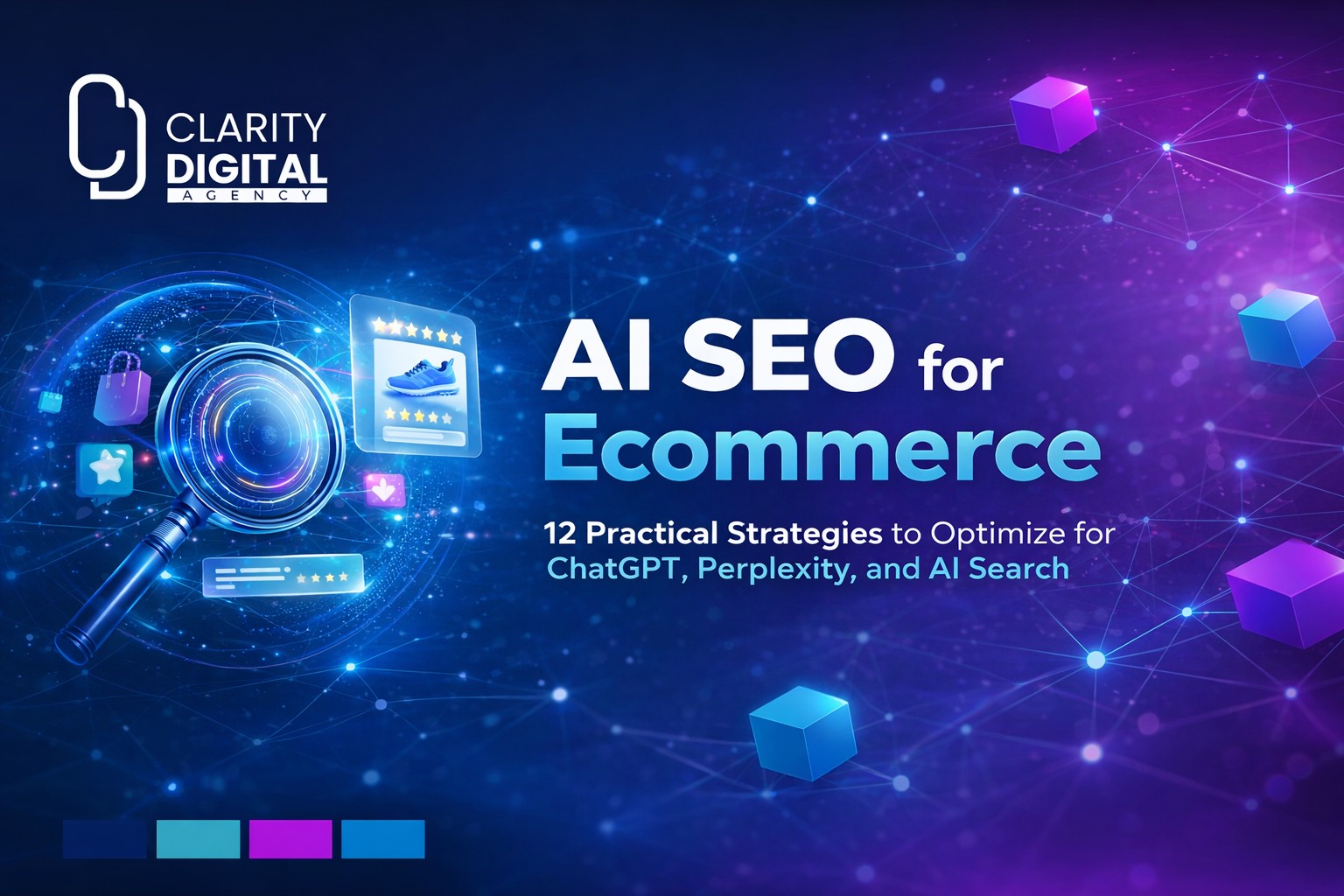The rapid growth of generative AI and large language models (LLMs) like ChatGPT, Claude, Gemini, Copilot and Perplexity is transforming digital marketing. SEO is central to this change. Marketers have traditionally depended on SEO metrics like keyword rankings and organic traffic. However, these measurements are no longer enough to evaluate performance in an AI-driven search environment.
In this new age, businesses need to broaden their measurement methods. They must track user engagement, brand visibility in AI-generated responses, and the changing paths users follow from discovery to conversion. Let’s explore how generative AI is reshaping SEO metrics and redefining the customer journey.
Rethinking SEO KPIs in the Age of Generative AI
Search has traditionally been about blue links and the race to page one. Marketers optimized content to rank higher in SERPs, measuring success through impressions, clicks, and conversions. But with AI-driven platforms increasingly answering questions directly in the interface, fewer users are clicking through to websites.
Google’s Search Generative Experience (SGE), OpenAI’s ChatGPT browsing capabilities, and Perplexity.ai are prime examples of this trend. These systems extract information and summarize it in conversational responses, which means your brand might influence a decision even if the user never lands on your site.
That shift calls for a fundamental update in how we define and track SEO success.
Traditional SEO KPIs vs AI-Driven SEO KPIs
| Traditional SEO KPIs | AI-Era SEO KPIs |
|---|---|
| Keyword Rankings | Content Engagement (e.g. dwell time, shares) |
| Organic Traffic | Query Fulfillment (user intent satisfaction) |
| Click-through Rates (CTR) | Brand Visibility in AI Summaries and Results |
| Backlink Volume | Branded Search Growth Over Time |
| Bounce Rate | Sentiment in AI Mentions & User Feedback |
We are moving from a click-based model to a trust-and-awareness model. The most valuable KPI in the age of generative AI might not be the number of visits, but the number of users who remember your brand after encountering it in an AI-generated response.
Keyword Rankings and Organic Traffic Alone No Longer Tell the Full Story
In the AI-powered search environment, users may never even see a traditional SERP. Instead, LLMs synthesize and deliver answers instantly. This means a page ranking #1 may no longer yield significant traffic if the AI provides a summary that fulfills the query directly.
Therefore, rankings alone no longer correlate with actual influence or visibility.
The shift toward zero-click search behavior — now amplified by AI — means KPIs must shift toward deeper measures of user experience, brand trust, and engagement.
Enter Engagement-Based and Brand-Centric KPIs
SEO is becoming more about long-term brand affinity and less about one-time traffic spikes. Metrics to consider include:
1. Content Engagement Metrics
- Time on page
- Scroll depth
- Repeat visitors
- Shareability across platforms
These indicators show whether your content provides genuine value—and whether users are engaging deeply enough to remember your brand.
2. Query Fulfillment Scores
While harder to measure directly, user behavior such as pogo-sticking (clicking back and forth between results) can suggest whether their intent was fulfilled. Tools like Microsoft Clarity or Hotjar help surface this data.
3. Brand Mentions Within AI Responses
Although tooling is still catching up, SEO teams should begin tracking whether and how their brand is referenced in AI-generated answers.
In platforms like ChatGPT or Perplexity, being cited as a source or named in a contextual response significantly elevates your brand’s trust factor.
Emerging Tools to Track Brand Visibility in AI Responses
Tracking visibility in LLMs is still nascent but growing. You can begin with the following:
- Anecdotal user feedback: Encourage customer surveys asking where they first heard about your brand.
- Branded search volume: Increases in direct and branded search traffic are strong indicators that users remember your brand.
- AI monitoring tools: Startups and enterprise platforms are emerging to monitor brand presence in LLM outputs. Tools like Nozzle, AlsoAsked, and others are adapting to this new use case.
Being discoverable in the zero-click AI interface will soon be as important as ranking in Google SERPs.
How Generative AI Impacts the Customer Journey
The traditional customer journey followed a relatively linear path: discover, consider, convert. With AI in the mix, this path is fragmented and non-linear.
Users may:
- Discover your brand in a summarized AI response.
- Read multiple AI-generated opinions or summaries.
- Bypass your site altogether but still build trust.
- Return later via branded search or direct traffic.
Marketers must now build content that can support and influence users at every stage—whether or not a visit occurs.
Will Referral and Organic Traffic Decline Due to AI?
ossibly. AI platforms may reduce the volume of clicks to sites, especially for top-of-funnel, informational queries. But this isn’t necessarily bad news.
If users gain value from your content—even when presented via AI—they are more likely to remember your brand, search for it later, and engage when they are ready to take action.
This shifts the value from click-based traffic to awareness and preference. SEO is now part of a broader brand ecosystem.
The Future of SEO KPIs: From Volume to Value
As generative AI continues to redefine how users search, SEO practitioners must rethink success.
Volume metrics (traffic, impressions) are giving way to value metrics:
- How often is your brand trusted by AI engines?
- Are users engaging with your content even when they don’t click?
- Is branded search growing over time?
These are the indicators that will drive sustained visibility, conversions, and loyalty.
Adapt or Get Left Behind
Generative AI is not a threat to SEO—but it is a forcing function for evolution. Brands that update their measurement strategies, optimize content for LLMs, and shift focus to trust and visibility will thrive.
SEO is no longer just about ranking. It’s about resonance.
Stay agile, invest in brand authority, and build content that AI wants to surface.
Your next customer might not click, but they’ll remember.
Ready to See Where You Stand?
Curious how well your current SEO and content strategy align with AI-driven search? Take the AI Search Optimization Checklist to assess your readiness.
Then, connect with us at Clarity Digital to build a customized AI search strategy that keeps your brand discoverable and competitive.





